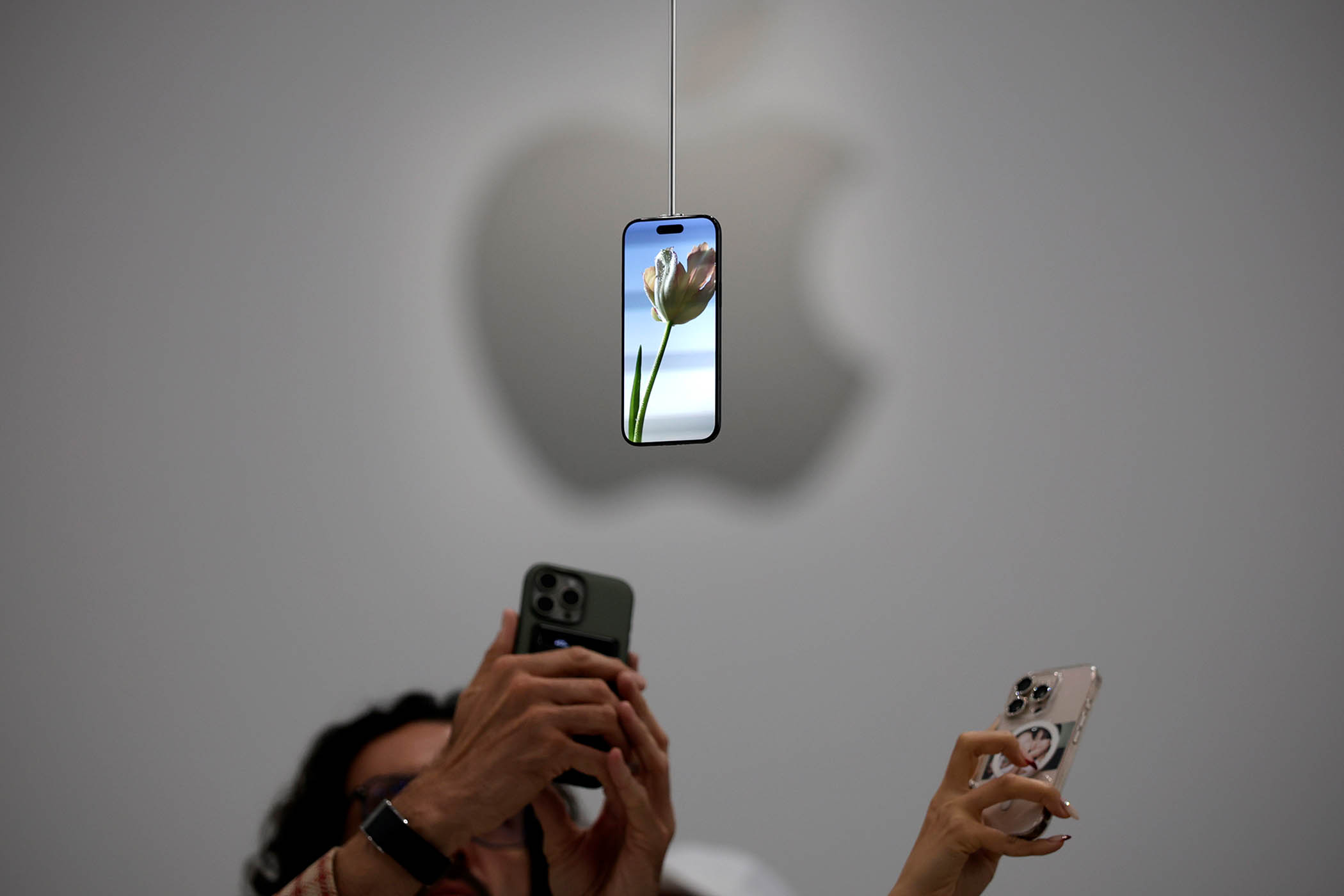Apple releases several products this week including an entry-level iPhone, AirPods that translate conversations in real time, watches that check for high blood pressure, and the iPhone Air, a slimmed down handset that gives a nod to Steve Jobs’s iconic MacBook Air.
So what? These are the latest bets of a tech giant that was once the world’s most valuable company, but now trails behind AI chipmaker Nvidia and its rival Microsoft. Even with the boost of last week’s product launch, Apple’s share price is down nearly 4 per cent in 2025, reflecting
•
legal troubles;
•
struggles to keep up in the AI race; and
•
tariff costs that have run to the hundreds of millions of dollars.
The launch. A groundbreaking device could have changed the narrative. But last Tuesday’s event instead threw up doubts and stumbling blocks. For all the beauty of the iPhone Air, there are questions about its battery life, a crucial factor for would-be users. Apple has blocked people in the EU from accessing the new translation tool on its AirPods due to regulatory concerns.
Yes but no. Analysts were broadly pleased about the launch, but the company's stock underperformed afterwards and Wall Street sees other trouble ahead. Donald Trump’s tariffs cost the company $800 million in the quarter to June and the Apple CEO, Tim Cook, has predicted this will exceed $1.1 billion in the three months to September.
The Steve Jobs problem. Apple launches are so central to the company’s myth that screenwriter Aaron Sorkin chose them as the backdrop to his biopic of Apple’s founder Steve Jobs. With the help of designer Jony Ive, Jobs drove the creation of key consumer products including the iMac, iPod, iPhone and iPad.
He did it in style too, pulling the MacBook Air out of a manila envelope.
Cook is less showy – and arguably has a worse record when it comes to products. Flops include VR goggles and a failed $10 billion attempt to launch an electric car called Project Titan.
The innovator’s dilemma. What Cook has done is improve Apple’s financial performance by raising prices, marginally improving features, and leaning on the brand. The iPhone is arguably one of the most successful consumer products in history with 1.5 billion active users worldwide.
Stick or twist. But people are renewing their handset less often, which has raised the bar for new iterations. Joseph Teasdale at Enders Analysis says Apple needs to decide if it wants to be a growth company or ride the trend downwards, extract as much profit as it can, and stop innovating. The issue is that it is struggling with its bread and butter.
•
Despite its famously watertight iOS, Apple has sent out warnings about spyware attacks several times this year, released an urgent security update in August, and dealt with a WhatsApp vulnerability in that same month.
•
The White House is threatening a 100 per cent import tax on chips and pressuring the company to turn its back on its overseas supply chain.
•
Apple faces regulatory problems in Europe, UK, Australia and elsewhere.
One part of the company to keep an eye on is the services division, which enjoys high profit margins and accounts for more than a quarter of overall revenue. Apple has been in legal difficulties over developer fees and search engine payments. Last month an Australian court found that the tech giant’s app store was uncompetitive.
Newsletters
Choose the newsletters you want to receive
View more
For information about how The Observer protects your data, read our Privacy Policy
It’s the culture, stupid. Last year Apple outraged its base of creatives and iconoclasts with Crush, an advert showing artist’s tools, such as a piano, clapperboard and easel, smashed by a giant hydraulic press. At the time the songwriter and former chair of the Ivors Academy, Crispin Hunt, hoped this gaff was a one-off. But it may be a sign of a company losing its way.
View from investors. “We caution that Apple has material risks to its revenue growth, margins, and valuation multiple,” Needham analyst Laura Martin wrote in June.
The Trump card… Cook donated $1 million to Trump’s inauguration fund and in August announced plans to spend $100 billion on US manufacturing. Jobs relied on Jony Ive’s designs to save the company in 1997. His successor appears to be banking on an irascible president.
Related articles:



